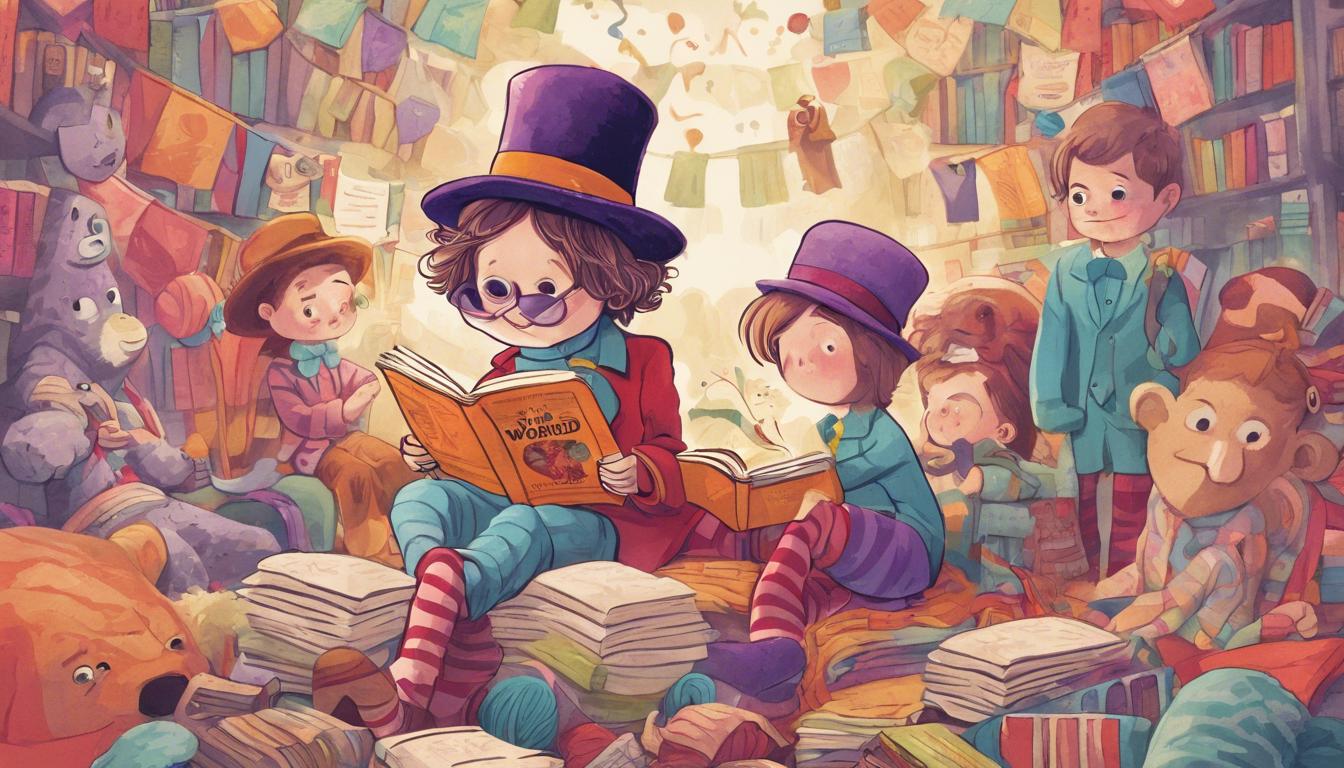As the UK celebrates World Book Day, schools and communities find innovative ways to maintain the spirit of the event despite financial challenges, ensuring the joy of reading remains accessible to all children.
World Book Day in the UK, celebrated annually to promote the joy of reading among children, has sparked diverse reactions from parents and schools across the nation. Amid the ongoing cost-of-living crisis, the tradition of children dressing up as their favorite literary characters has come under scrutiny due to the financial burden it imposes on families. Some schools have responded by modifying the event to alleviate the pressure on parents, introducing “get comfy and read” days or allowing children to wear pyjamas to school instead of costly costumes.
Despite these challenges, World Book Day continues to inspire creativity and a love for reading. Children don creative costumes, ranging from Willy Wonka to Martin Luther King, showcasing their favorite characters from literature. Schools like Pleasant Street primary school in Liverpool and Causeway pre-school in Northern Ireland have adapted their celebrations to ensure all students can participate regardless of their financial situation.
Moreover, individual efforts to celebrate World Book Day have seen crocheters across the UK turning their skills toward creating detailed yarn representations of beloved book characters. These handcrafted creations serve as a unique tribute to literary favorites and have brought a sense of community and shared joy.
Concurrently, the incident at Willy’s Chocolate Experience has opened a broader conversation about the value of children’s entertainment. The event, which featured an AI-scripted show, faced criticism for its high entry cost and the perceived quality of the experience, highlighting a concern over expensive yet disappointing children’s activities.
As World Book Day evolves, the core message remains clear: promoting the joy of reading among children. Whether through adapting school policies to accommodate financial pressures, engaging in creative projects, or revisiting the essence of meaningful entertainment, the UK continues to find ways to encourage a love for literature in young readers.













